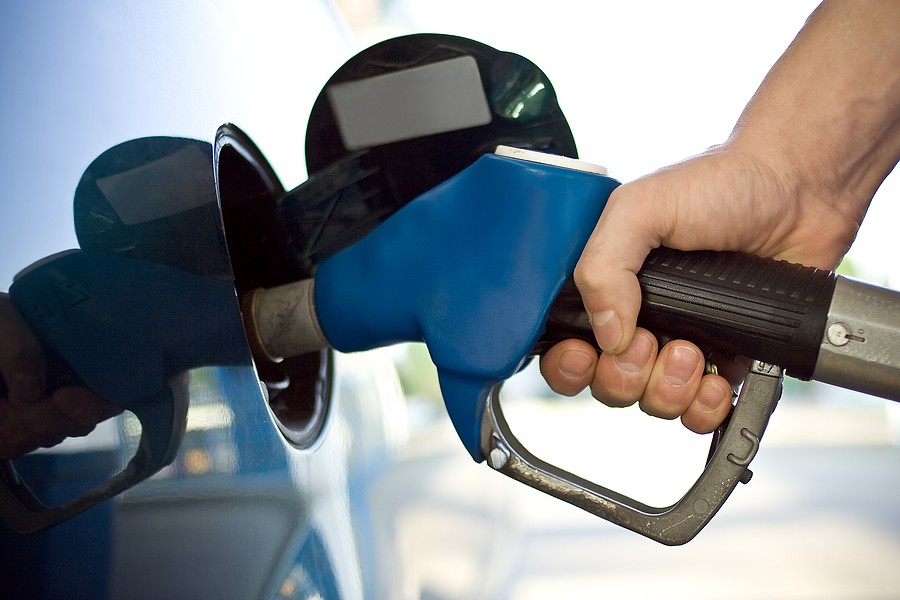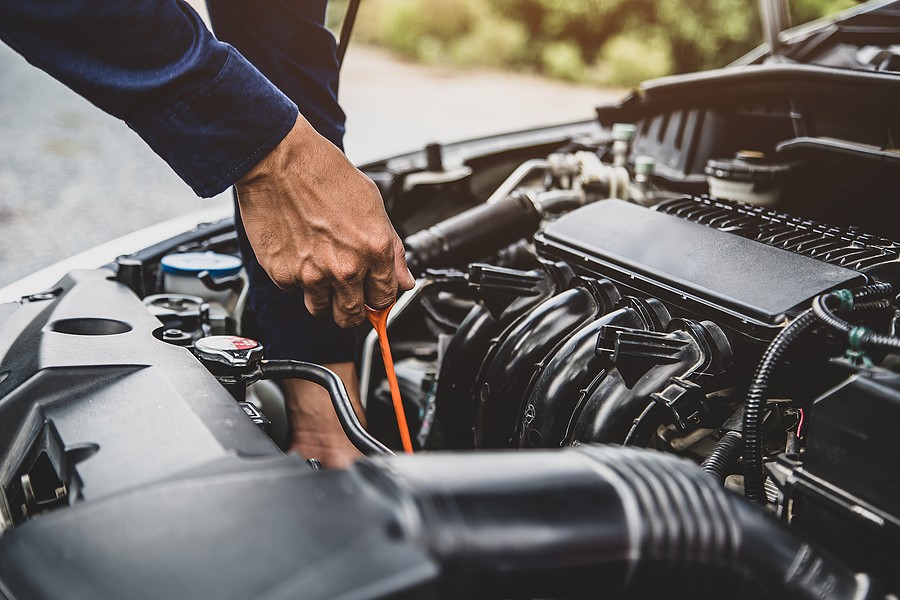If you accidentally put diesel in a gasoline car, the engine will stall and potentially suffer damage. Immediate action is required: do not start the engine and arrange for professional servicing to drain and clean the fuel system.
Introduction
Mistakes happen, but putting diesel in a gasoline car can be more than just an inconvenience. As someone who's spent years researching and writing about cars, I've seen firsthand the effects of such mishaps. In this guide, we'll explore the consequences and the steps you should take to mitigate any damage.
Understanding the Impact
- Immediate Effects
- Engine Response: Diesel in a gasoline engine can lead to stalling, misfiring, and smoke emission. The engine might fail to start or cut out unexpectedly.
- Fuel System Complications: Diesel's oily nature can coat and clog the fuel system and spark plugs, leading to long-term issues if not addressed.
- Long-Term Risks
- Engine Damage: Continuous use of diesel in a gasoline engine risks severe damage, potentially requiring expensive repairs.
- Performance Deterioration: Over time, the wrong fuel type can degrade engine performance and efficiency.
- Misfueling Myths Debunked
- The ‘Little Harm' Myth: Even a small amount of diesel in a gasoline engine can cause problems. It's a matter of compatibility, not quantity.
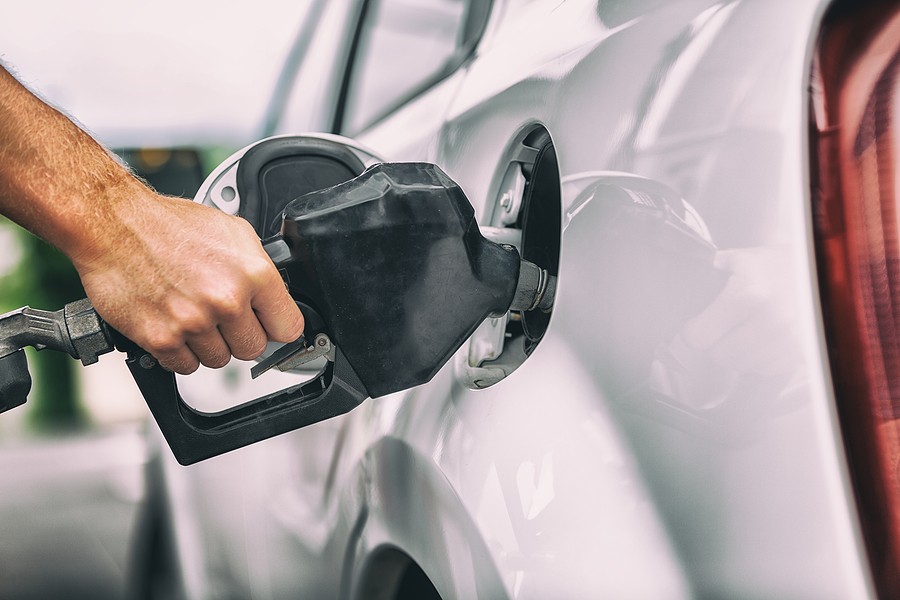
Immediate Actions to Take
- Do Not Start the Engine
- Prevent Further Damage: Avoid turning on the ignition to stop diesel from circulating in the fuel system.
- Notification: Inform the gas station staff immediately about the mishap for assistance and safety measures.
- Seek Professional Assistance
- Towing to Service: Have your car towed to a service center for a fuel system drain and cleaning.
- Expert Intervention: Professional mechanics can address the issue effectively, minimizing potential damage.
- Safety Protocols
- At the Station: Remain calm and ensure your vehicle is in a safe spot to avoid any hazards.
- Fuel Handling: Misfueling isn’t inherently dangerous, but proper handling and quick action are crucial.
Preventative Measures
- Be Vigilant at the Pump
- Double-Check Fuel Type: Always ensure you're using the correct fuel. Diesel and gasoline pumps are distinctly marked to avoid confusion.
- Pump Design: Diesel nozzles are often larger than gasoline ones, making it physically difficult to misfuel in newer vehicles.
- Regular Vehicle Maintenance
- Early Detection: Regular check-ups can catch any fuel system anomalies early, potentially saving you from expensive repairs.
- Professional Advice: Mechanics can offer tips on maintaining your car’s fuel system based on your specific model.
Personal Experience
In my experience, I once encountered a situation where a friend accidentally filled their gasoline car with diesel. The immediate panic was evident, but thankfully, we didn’t start the car and followed the steps outlined above. The vehicle was towed, and the service center managed to clean the system with minimal damage. This incident was a real-life lesson in the importance of attentiveness at the pump and the value of prompt professional intervention.
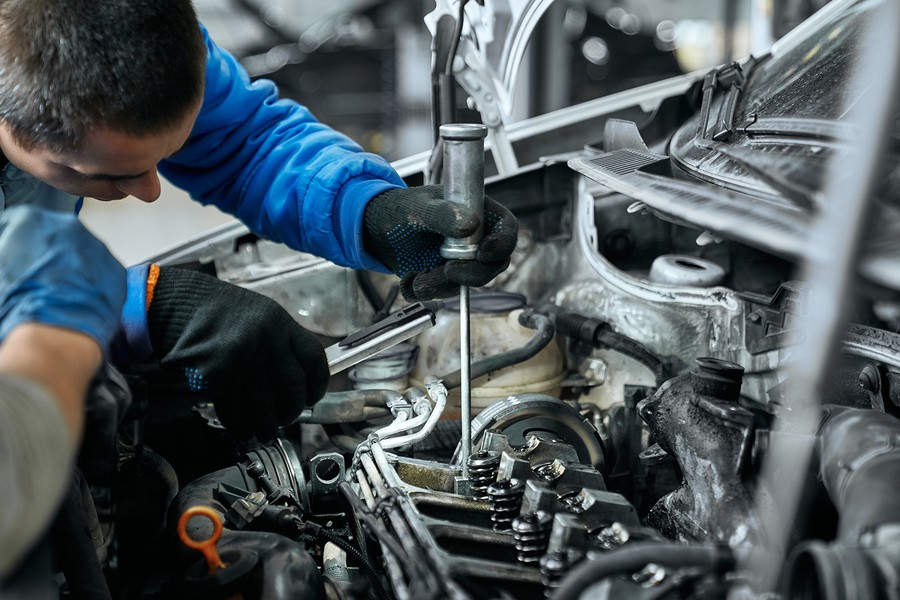
FAQ: Diesel in Gasoline Cars
- What should I do if I accidentally put diesel in my car?
- Immediate Action: Do not start the engine. Inform the station staff and arrange for your vehicle to be towed to a service center for a fuel system drain.
- Will a few drops of diesel hurt a gas engine?
- Potential Harm: Even small amounts of diesel can cause issues due to differences in fuel properties. It's best to have it checked by a professional.
- What does bad diesel do to a car?
- Negative Impact: Bad diesel can lead to engine knocking, reduced efficiency, and long-term damage, especially in diesel engines.
- What are the signs of diesel in a gasoline engine?
- Symptoms to Watch For: Look out for engine misfiring, excessive smoke from the exhaust, trouble starting, and sudden engine cutouts.
- Can a car recover from diesel contamination?
- Recovery Chances: Yes, if addressed promptly. Draining and cleaning the fuel system can often restore the car to its normal condition.
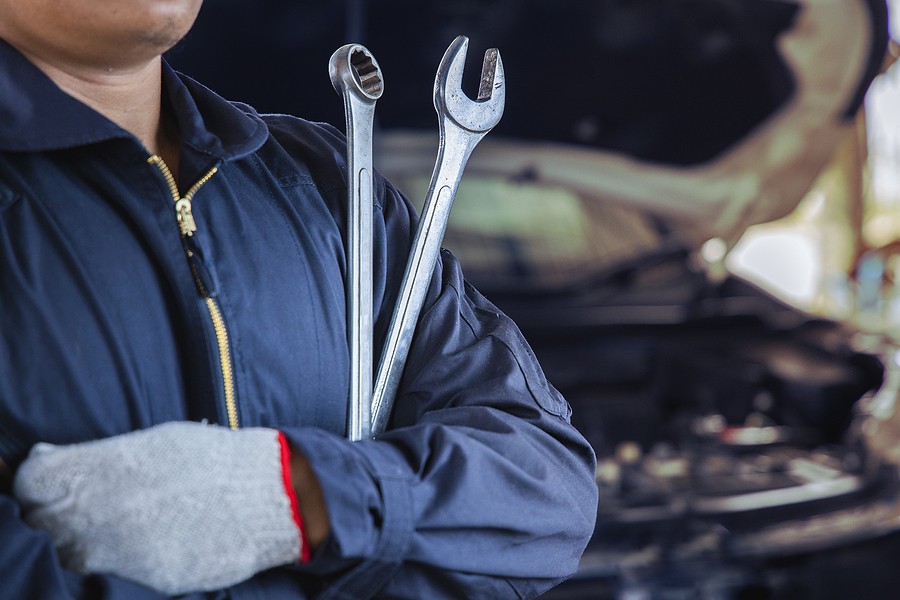
Conclusion
Putting diesel in a gasoline car is a serious mistake, but it's not the end of the world. With prompt action and professional help, you can mitigate the damage. Remember, if you're ever unsure about your car's needs or face any issues, our team at Cash Cars Buyer is here to help. We buy cars in any condition, offering a hassle-free process. Reach out to us at 773-791-4363 for assistance.
Stay informed, stay safe, and happy driving!

